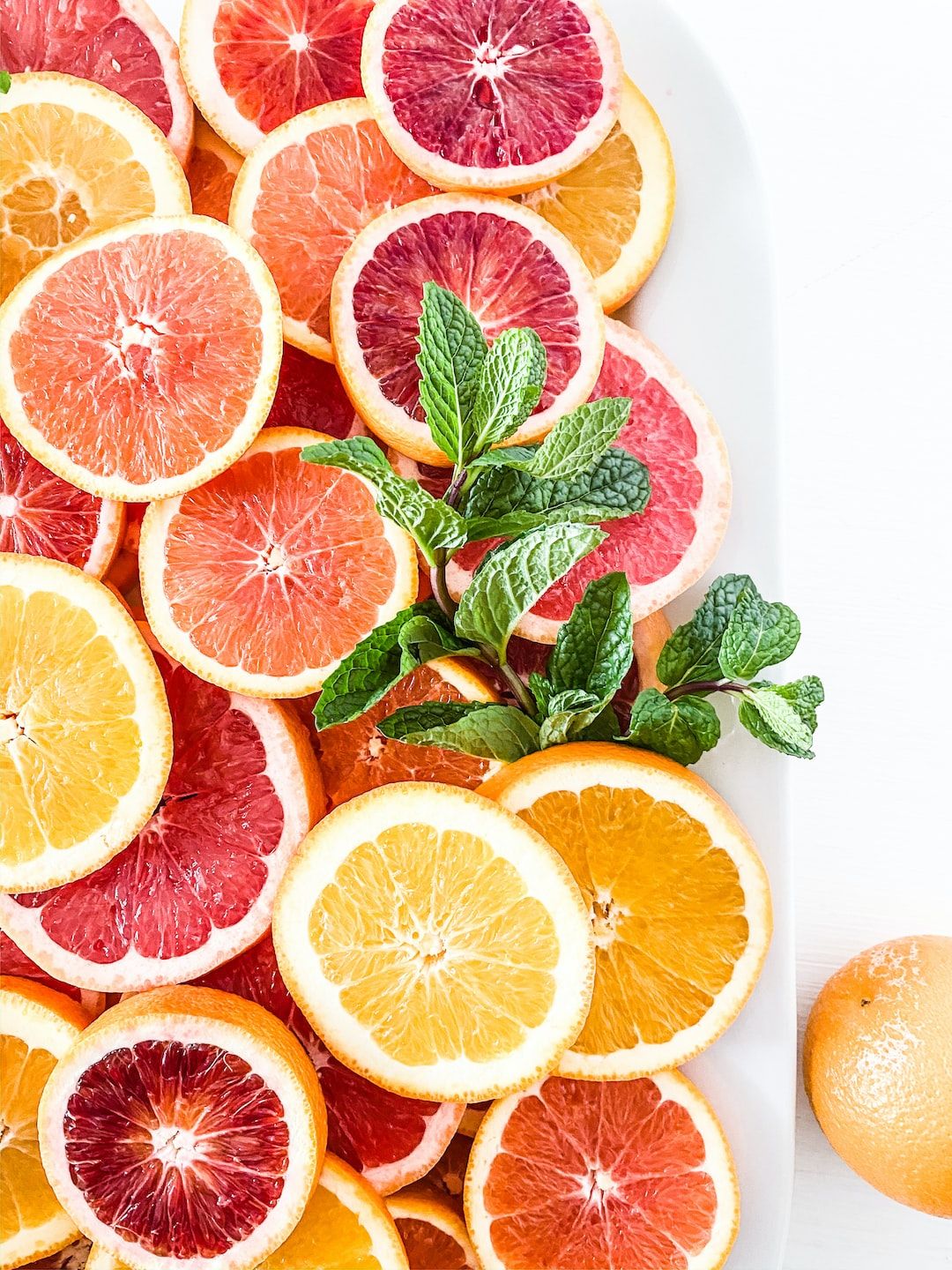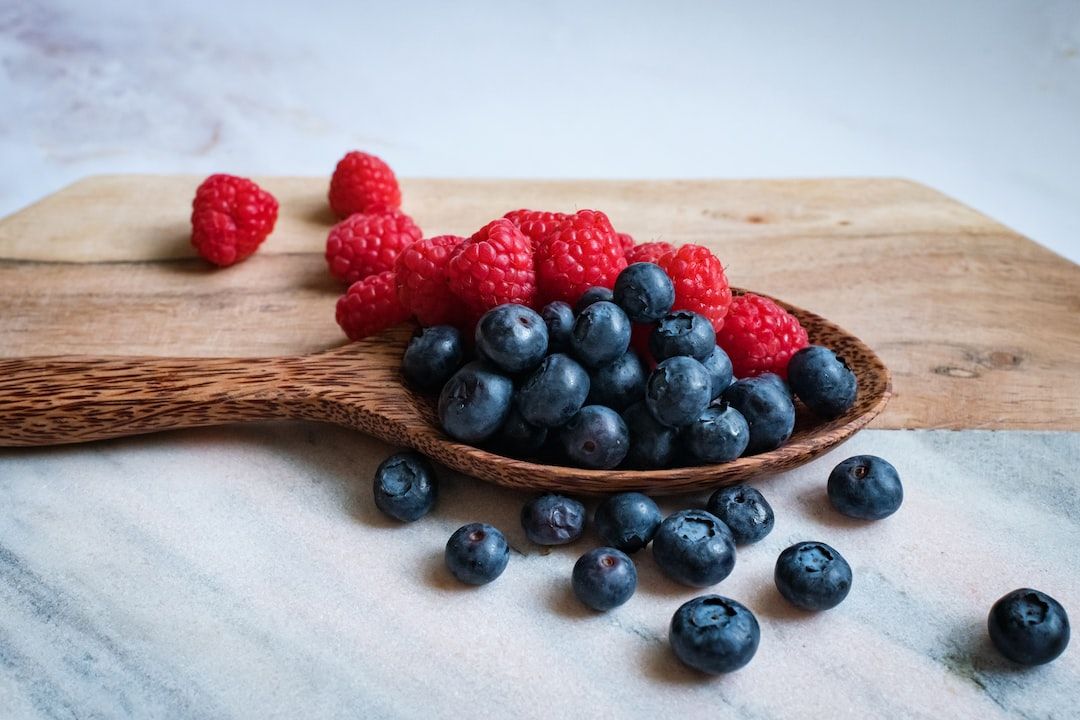
Collagen for Weight Loss
Let us completely understand what collagen is and how it affects our bodies. Collagen is a protein molecule present in our body. Several body parts like tendons, ligaments, skin, and muscles consist of this molecule. It is one of the most important molecules in our body. 30% of the total protein in our body comes from this molecule.
Collagen has very important functions in our body. It is responsible for giving our skin structure and bolstering our bones. There are a total of 28 different kinds of collagen that exist. We will go through the types later in the article. There are various activities inside our body that depend on collagen. This includes tissue repair, immune response, cellular communication within the body, and cellular migration, a process necessary for tissue maintenance.

Types of Collagen
Collagen is the most widely found protein in animals. There are 28 different forms of collagen in the human body. Five types among these 28 are more frequently utilized in supplements. The five common varieties of collagen are very different in terms of shapes and origins. Due to these differences, they contribute to different causes and also have different potential advantages.
In this section, we will be covering these five types. More about the various types of collagen can be studied in the research by NCBI.
The five widely used collagen are as follows:
Type I Collagen
This is the most common kind of collagen present in our body. It is located in the dermis, just below the skin's surface, and makes up 90% of the body's collagen reserves. Due to its many potential advantages, type I collagen can be found in most supplement varieties.
Membranes like eggshells contain type I collagen. Type I collagen may be used to promote the nucleation and growth of bone mineral crystals. Some people choose to take collagen Type I as a supplement in addition to their healthy lifestyle choices in order to maintain healthy hair, nails, and skin.
Type II Collagen
Marine and poultry products both include type II collagen. Although there is little current research on the effectiveness of Type II collagen. Initial trials on individuals with knee osteoarthritis indicated pain reduction when Type II collagen was taken. Type II collagen is less compactly packed than Type I collagen, suggesting that the body might be able to break down and absorb Type II collagen better.
There has to be more research on benefits such as a healthy joint inflammation response, the regeneration of damaged joint cartilage, and improvements in range of motion. People who are allergic to poultry or fish should consult their doctor before taking anything containing Type II Collagen.
Type III Collagen
The second most prevalent kind of collagen present in the body naturally is type III collagen. Due to its unique alpha chain, this kind differs from the others. The alpha chains in the other forms of collagen are numerous. Type III collagen is assumed to support the uterus, muscles, blood vessels, and the gut alongside Type I collagen. The most common source of Type III collagen is bovine products.
While some studies suggest the body may use Type III collagen to combat inflammatory disorders, the body will use amino acids however it sees fit. It may not always be useful to use a certain collagen supplement to target a particular section of the body.
Type V Collagen
The cornea contains type V collagen naturally, which helps regulate the size of collagen fibers to enhance light transmission. For the best fibrillary production and tissue quality in the human body, this type of collagen naturally collaborates with Types I & III. The interstitial matrix of muscles, the liver, the lungs, and the placenta are all known to be supported by type V collagen, as is the bone matrix, corneal stroma, and other tissues. Research on Type V collagen supplements has shown promising findings, including possible advantages for cell membranes, the tissue in the placenta, and eye health.
Type X Collagen
In joint cartilage, type X collagen, which is also important for bone development, can be discovered. It is collagen that forms networks and may offer a chance to spot significant diseases. Particularly, those with greater levels of Type X collagen are more likely to have rheumatic diseases that damage the bone and cartilage.
Type X collagen may be utilized to speed up the healing process after limb injuries and fractured bones, according to claims made by collagen supplement firms. Current research can demonstrate that Type X collagen is naturally present in the body and is responsible for bone production.
Benefits of Collagen
Different types of collagen offer different kinds of benefits. There are various activities within our body that are taken care of by the collagen component. Some of the various benefits that different types of collagen offer are as follows:
Promoting the development of new cells.
Promoting fibroblast formation in your dermis, the middle layer of your skin.
Playing an important role in skin cell replacement.
Providing organs with a protective coating.
Aiding in blood clotting
Speeding up the healing process after limb injuries
Improves eye health
Has an important role in bone development.
Helps in combating inflammatory disorders
Helps in maintaining healthy hair, nails, and skin.
Sources of Collagen
Now that we know the importance of collagen in our bodies, let us also look at how we can improve collagen levels within our bodies. There are various food products that will help increase collagen in your body. These food products are as follows
Citrus fruits

A critical component in the synthesis of pro-collagen is vitamin C. It is important to get adequate vitamin C.
Citrus fruits including oranges, grapefruit, lemons, and limes are rich in this vitamin. For breakfast, try a grilled grapefruit or toss some orange pieces into your salad.
Berries

Citrus fruits typically receive the most attention for their high vitamin C content, berries are also a fantastic source. Strawberries actually contain more vitamin C per ounce than oranges. Blackberries, blueberries, and raspberries will also provide a good amount of vitamin C to your body.
Beans
Beans are a high-protein diet that frequently includes the amino acids required for the production of collagen. A lot of them are high in copper, another nutrient required for the formation of collagen.
Cashew

Cashews are loaded with zinc and copper. Both these components are very important for collagen production within the body. They are also very filling and will make a good snack.
Bell pepper
Add some red bell peppers to your salad or sandwich. This vegetable with high levels of vitamin C contains capsaicin, an anti-inflammatory substance that may help prevent aging symptoms.
Tomato
One medium tomato can give up to roughly 30% of this crucial component for collagen. It is an irreplaceable source of vitamin C. Large quantities antioxidants for skin support, are also present in tomatoes.
Leafy green vegetables
We have all heard that we should eat more green leafy vegetables, and that is true. Green vegetables have large amount of chlorophyll present. This chlorophyll is known for its antioxidant properties
Chicken
A lot of collagen supplements are derived from chicken. Chicken has a large connective tissue, which shows the presence of collagen.
Egg whites
Egg whites, as we all know, contain a large amount of protein. Collagen is one of the type of protein present in egg whites.
Fish and shellfish
Fish is one of the common sources to extract Collagen. It has a large number of benefits along with improving your eye health.
Conclusion
Collagen is a protein molecule. It is present in several body parts of our body like tendons, ligaments, skin, and muscles. It is one of the most important molecules. Protein has many benefits like improving our muscle formation, and helping to boost our energy levels.
Various benefits of collagen include promoting the development of new cells, promoting formation of the middle layer of our skin, and helping in skin cell replacement.
It is also helpful in providing organs with a protective coating, and aiding in blood clotting, speeding up the healing process after limb injuries. It also improves eye health, and has an important role in bone development. It can also be helpful in combating inflammatory disorders. Having such a wide range of benefits makes it a very important component. If you are facing any of these issues now, it is suggested that you take the food products as mentioned in the above section.
Appreciate the creator